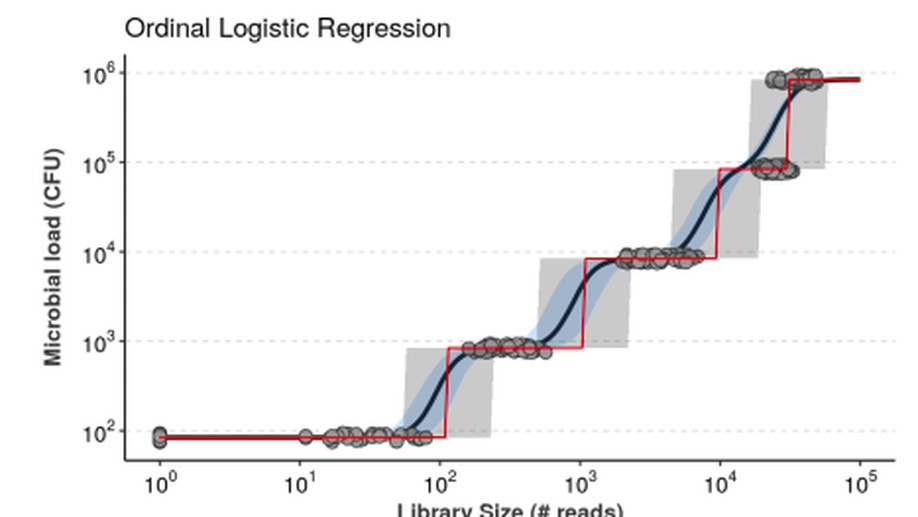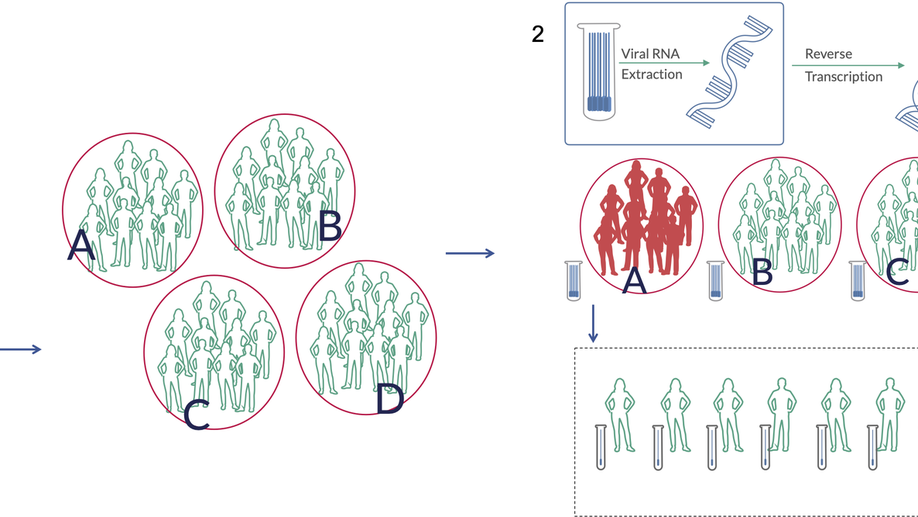
Swab pooling: a new method for large-scale RT-qPCR screening of SARS-CoV-2 avoiding sample dilution
To minimize sample dilution effect on SARS-CoV-2 pool testing, we assessed analytical and diagnostic performance of a new methodology, namely swab pooling, in which swabs are pooled at the time of collection - as opposed to pooling of equal volumes from individually collected samples.
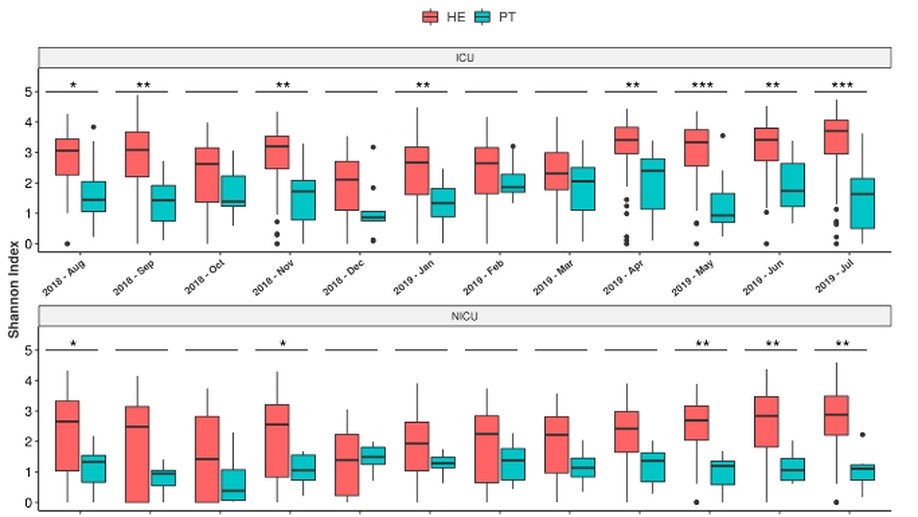
One year cross-sectional study in adult and neonatal intensive care units reveals the bacterial and antimicrobial resistance genes profiles in patients and hospital surfaces
Bacteria are ubiquitous in hospital environments, in many cases threatening infection control. In this study, we use next-generation sequencing to track down these bacteria in intensive care units (ICUs) from a Brazilian hospital for a one-year period, covering environmental samples, hospital staff, and patients. We keep track of neonatal and adult ICUs and report abundance and diversity results as well as microbial resistance profiles.
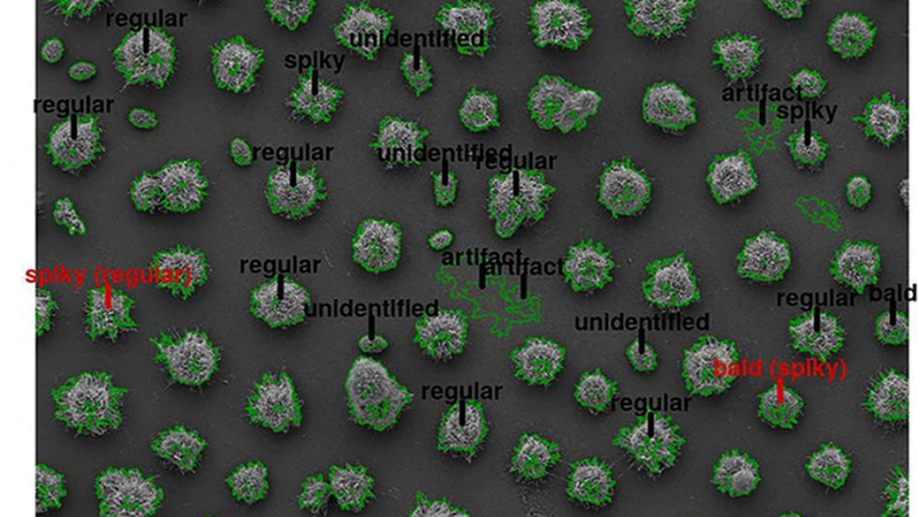
Scanning electron microscopy and machine learning reveal heterogeneity in capsular morphotypes of the human pathogen Cryptococcus spp.
This work investigates the heterogeneity in capsule morphotypes of Cryptococcus spp., a deadly pathogen spread worldwide. We use computational tools to explore Scanning Electron Microsopy images, proposing a new phenotypical classification potentially related to yeast virulence.
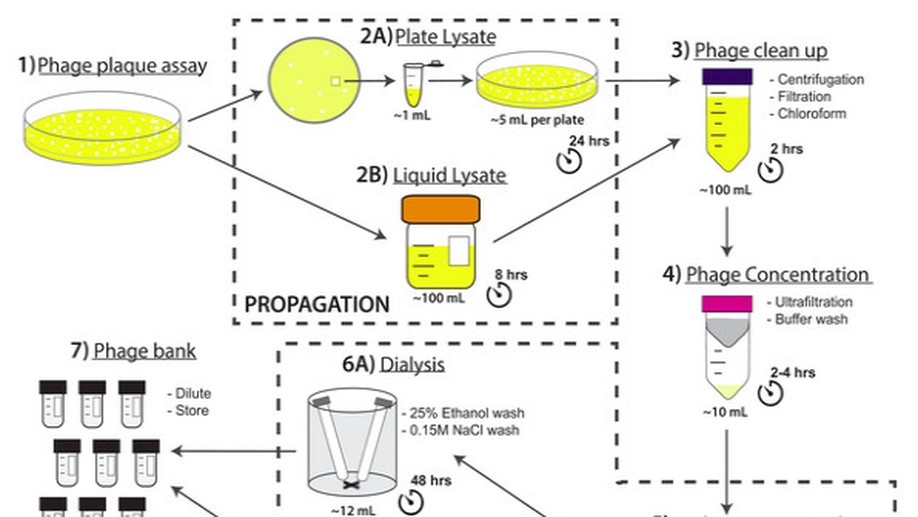
Phage on tap–a quick and efficient protocol for the preparation of bacteriophage laboratory stocks
A major limitation with traditional phage preparations is the variability in titer, salts, and bacterial contaminants between successive propagations. Here we introduce the Phage On Tap (PoT) protocol for the quick and efficient preparation of homogenous bacteriophage (phage) stocks.
